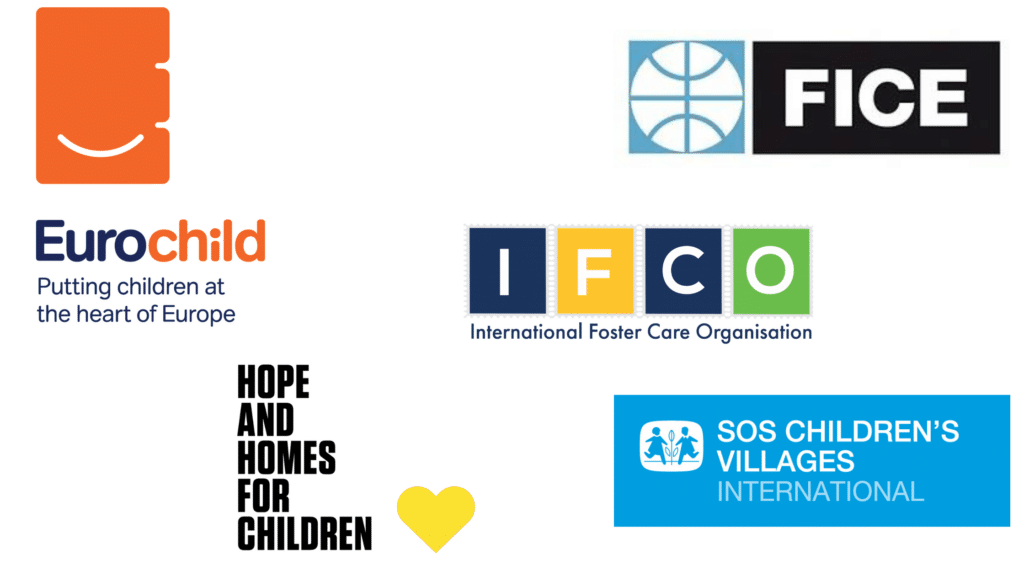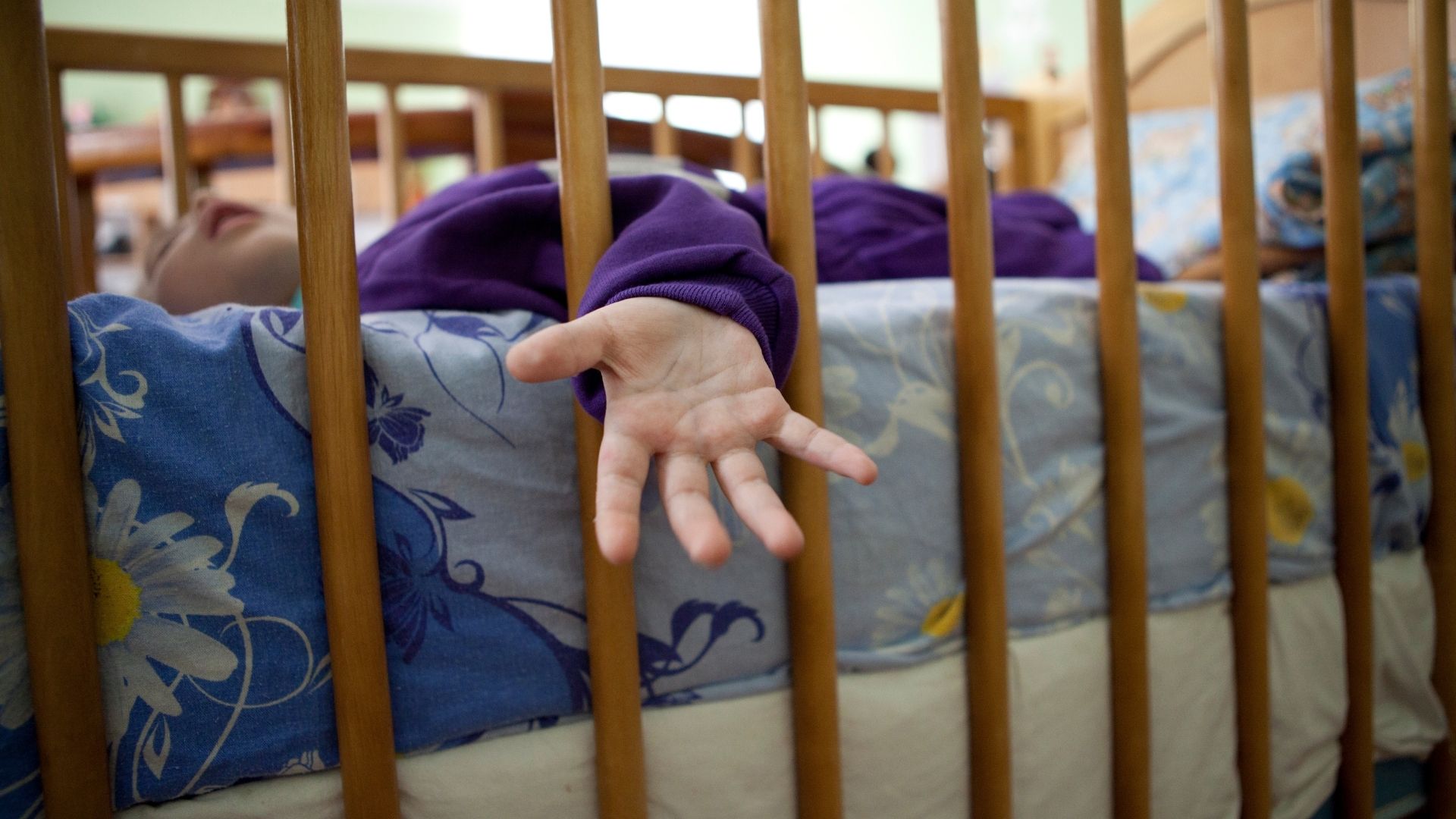An overview of the Opening Doors for Europe’s Children campaign
The Opening Doors for Europe’s Children campaign (2013-2019) aimed to support national efforts to develop child protection systems that strengthen families and ensure high-quality family- and community-based alternative care for children, by leveraging EU funding and policy and building capacity in civil society.
The campaign coordinated by Eurochild, was a partnership between 5 international organisations and networks: Eurochild, Hope and Homes for Children, the International Foster Care Organisation (IFCO), the European branch of the International Federation of Educative Communities (FICE Europe), and SOS Children’s Villages International.

The campaign ran in 16 countries: Austria, Belgium, Bosnia-Herzegovina, Bulgaria, Croatia, Estonia, Greece, Hungary, Latvia, Lithuania, Moldova, Poland, Romania, Serbia, Spain, and Ukraine.
Report: Opening Doors for Europe's Children
Lessons learned and recommendations to strengthen families and end institutionalisation for children in Europe
What was the goal of the campaign?
The goal was to improve the quality of life of children and young people in, at risk of entering, or leaving institutional care across Europe. Opening Doors attempted to achieve this by promoting the transition from institutional to family and community-based care, also known as deinstitutionalization.
How did we intend to achieve this?
The Opening Doors for Europe’s Children campaign built partnerships at an international and national level to advocate for changes in national policies and public spending. It built the capacity of national organisations to leverage existing EU policy recommendations and coordination tools, as well as EU funding programmes to support progress at put pressure on a national level. We also called for alternatives to detention and institutional care for migrant, unaccompanied and separated children.
Campaign publications
Maintain, strengthen, expand: How the 2021-2027 EU budget can end the institutionalisation of children in Europe
Download nowMaintain, Strengthen, Expand – How the EU can support the transition from institutional to family and community-based care in the next MFF
Download nowRecommendations to the European Union on post-2020 Multiannual Financial Framework
Download nowMore publications
Ending the Era of Institutional Care in Europe: Call for Action
The use of EU policies and funding for deinstitutionalisation reforms in 2014-2020 in Europe
